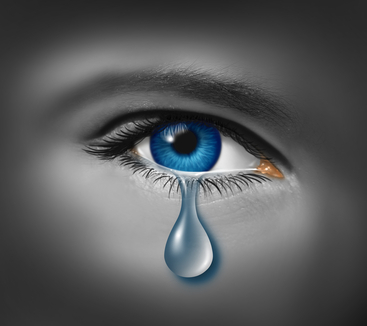Sexual abuse and mental health
By Charlotte Fantelli
Experiencing sexual abuse has to be one of the most confusing, emotionally disturbing and psychologically unsettling experiences a person can endure. It is an area very close to my heart and one I now explore.
 Topic one - what is sexual abuse, and what are the implications to the mental health of survivors?
Topic one - what is sexual abuse, and what are the implications to the mental health of survivors?
Often abuse refers to events taking place over a period of time, unlike a one off attack, the psychology surrounding abuse is much more subtle, deep routed and fraught with emotions and coping mechanisms. These coping mechanisms can, in themself, cause a survivor long lasting self esteem, trust and relationship issues.
A person being abused can experience a range of emotions, from fear and anger, through to perhaps a wish to please their abuser, love and even arousal. These emotions and feelings can be confusing and devastating, leaving the survivor with misplaced guilt and shame.
We often hear people say 'I would kill someone if they did that to me,' or 'I'd scream and shout if I was ever...' Until someone is there, they don't know! Believe me less people scream or shout, or fight, than try to simply survive and get through. Because a victim didn't scream, or hit, or tell, does not mean they were responsible or guilty. Abuse is complex and often feelings of 'should' or 'could' get in the way of grieving and moving on from what 'did'!
Mental health problems
Not everyone who experiences abuse will suffer a mental health issue and it is important to distinguish normal responses to 'abnormal' events, from mental health problems. It is very common and in fact quite normal to experience confusion, fear, low self-esteem, shame, anger, sadness and other extremes of emotion following abuse. It is important that help in the form of a counsellor or professional, or even a supportive friend is given, so that these feelings can be worked through before any more lasting issues may present.
For many survivors however, there will be more serious difficulties. Many survivors experience anxiety, depression and post-traumatic stress disorder as they struggle to come to terms with the traumas they have endured.
A very high percentage of people who suffer with more serious conditions such as Borderline Personality Disorder (BPD) and Dissociative Disorders (DD) have a history of abuse. It is still a very small percentage of the population - suffering abuse does not mean you will experience a mental health problem.
Before I hand over to Rebecca Mitchell, counsellor and leading light in the world of abuse recovery, I want you to know you are not alone, there are many things that can help and many places you can turn, 'Into The Light' for example (Linked below) is a fantastic resource for survivors.
Overcoming sexual abuse and the emotional repercussions
Exploring this area more deeply is Rebecca Mitchell from www.intothelight.org.uk. The following pages will take us through many deep underlying emotional struggles associated with sexual abuse.
Rebecca now discusses the following:





